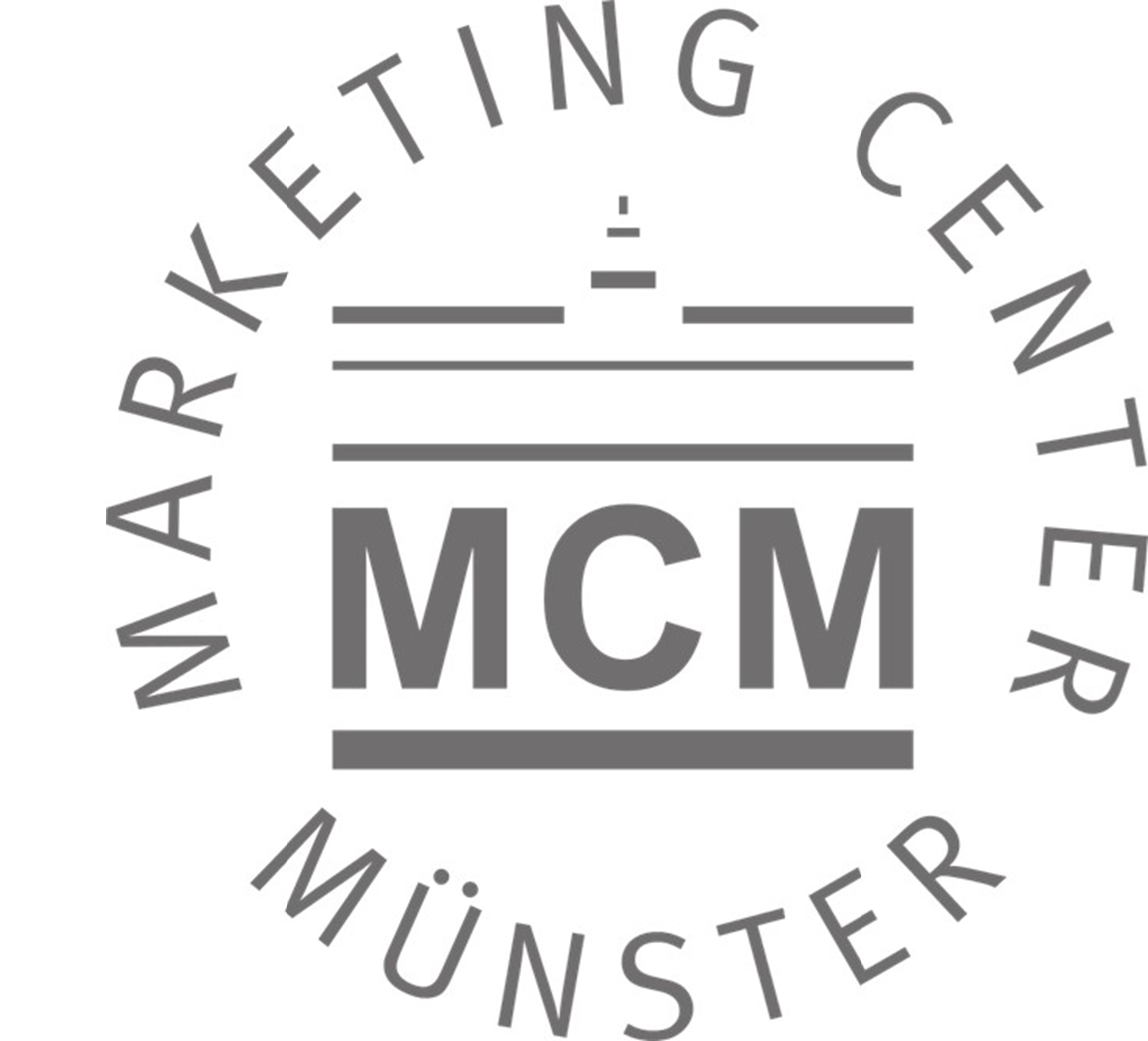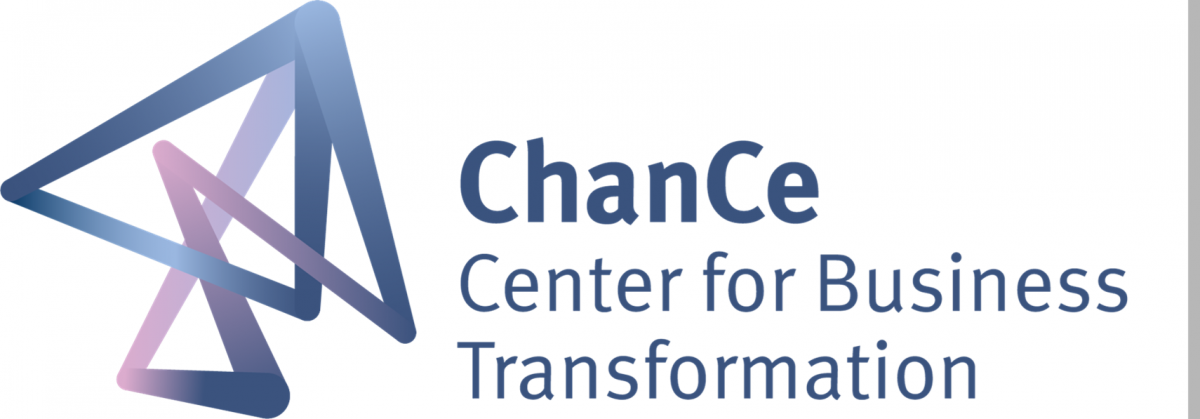Project Seminar: Generating Customer Insights by Working with Spatial Data - Summer Term 2025
| Field(s) of Study | Master |
| Credits | 12 CP/ECTS |
| Module(s) | MCM16/17 (if your module is not listed, please refer to your module compendium and your degree's course manager to ensure compatibility with your track of study) |
| Teaching Format | Lectures & workshops |
| Examination |
Seminar paper + presentation Please remember to register at the Examinations Office (PAM) during the early registration period! |
| Learnweb course | The access data will be communicated in the kick-off session. |
| Course catalogue | click here |
| Lecturer(s) | |
| Page last updated | 2nd December 2024 |
News
Course Overview
Virtual Reality (VR) and Augmented Reality (AR) technologies are poised to revolutionize the marketing landscape. They introduce innovative avenues for entertainment, education, collaboration, and industrial applications, with projected value creation reaching trillions of dollars in the coming years (Gomez-Zara, Schiffer, and Wang 2023). Beyond their commercial potential, these technologies offer unprecedented insights into consumer behavior, decision-making, and interactions—marking a transformative moment for market research (e.g., Harz, Hohenberg, and Homburg 2022). At the core of these insights lies "spatial data"—high-frequency, time-stamped observations automatically captured through VR/AR technology.
This seminar provides a unique opportunity to engage directly with these cutting-edge tools. Participants will undertake hands-on market research projects, learning how to collect, analyze, and interpret spatial data from virtual environments. This includes tracking eye movements, gaze patterns, physical movements, interactions, and speech within VR/AR settings. Students will compare these rich datasets with traditional marketing research methods like surveys, gaining a comprehensive understanding of the advantages and challenges of each approach. While the transformative potential of VR/AR in market research has been discussed for decades (Bainbridge 2007; Milgram and Kishino 1994; Pearce and Aguinis 1997), only now has the technology matured enough to fully realize these possibilities. The Chair of Digital Transformation at the Marketing Center Münster stands at the forefront of this development, hosting one of the world's first spatial data extraction platforms available for academic research. By joining this seminar, you will acquire future-oriented skills in setting up and analyzing VR/AR market research studies—skills that are increasingly in demand and will set you apart in the job market.
No prior technical knowledge is required. The seminar will provide comprehensive guidance on using VR/AR technology for research purposes, guiding you through the application of spatial data in social science research to enhance traditional methodologies. This is an opportunity to be part of a pioneering initiative that bridges the gap between emerging technologies and practical market research applications.
Schedule
| What? | when? | Where? |
|---|---|---|
| Kick-off meeting (incl. presentation of topics) |
16.04.25 14:15h – 15:45h |
Seminar room 02, Schlossplatz 3 |
| Selection of preferred topics | 23.04.25 | Learnweb |
| Assignment of topics | 03.05.24 | Learnweb |
| Workshop: (1) Conducting Marketing Research and (2) writing effective literature reviews |
07.05.25 12:15h-15:45h |
Seminar room 02, Schlossplatz 3 |
| Workshop: Collecting Spatial Data | 14.05.25 12:00h-17:00h |
Seminar room 2, Schlossplatz 3 |
| Hand-in deadline for paper | Mid-July | Learnweb |
| Hand-in deadline for presentation | End-July | Learnweb |
| Presentations | End-August |
Seminar room 02, Schlossplatz 3 |
Contact
 Patrick Wöhnl, M. Sc.
Patrick Wöhnl, M. Sc.
Research & Teaching Associate
D-48149 Münster
Room 206


